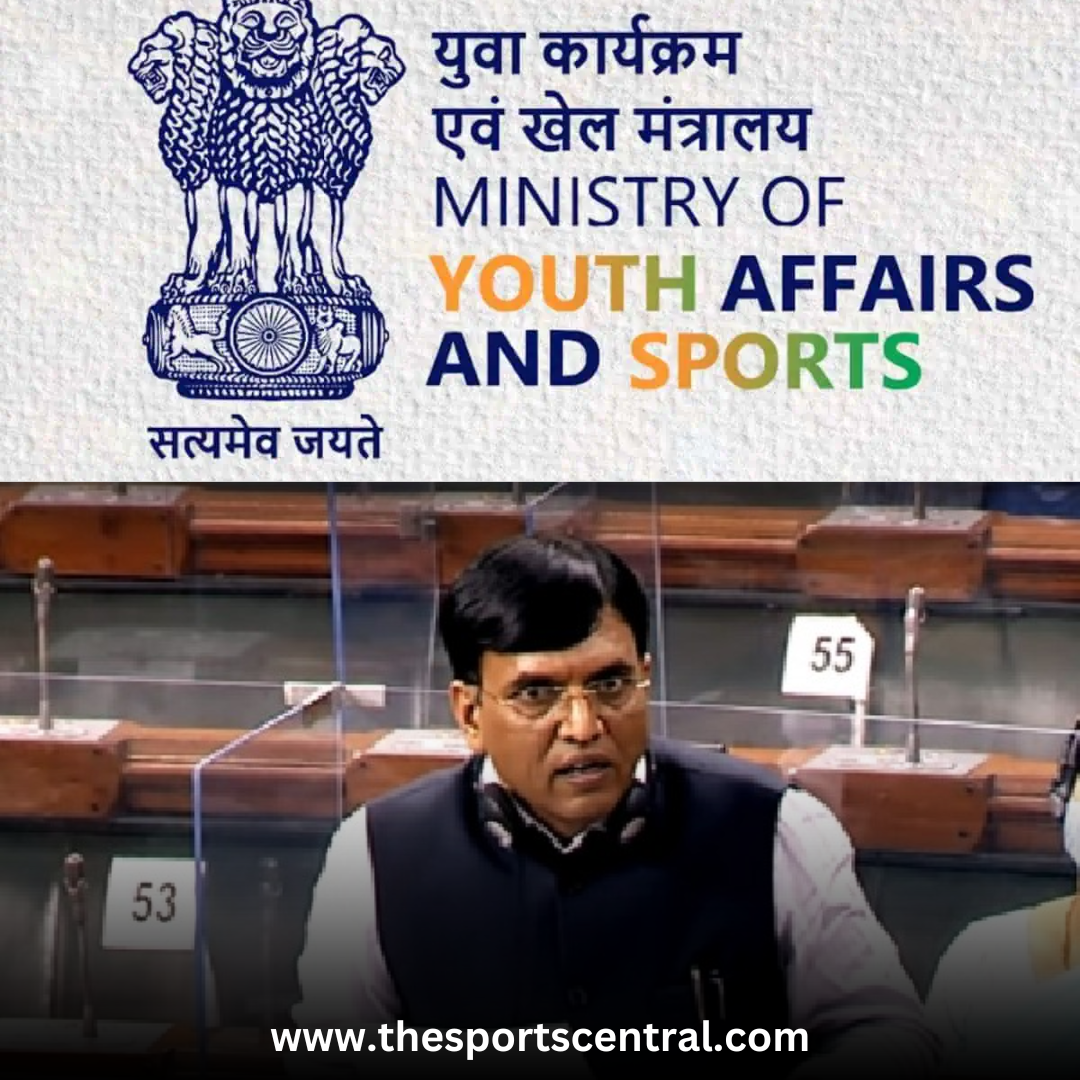The Draft National Sports Governance Bill, 2024, proposes major changes in how sports are governed in India. If it becomes law, athletes and officials will face new rules when dealing with disputes. Instead of approaching the country’s courts directly, they must first take their cases to an Appellate Sports Tribunal. This tribunal is inspired by the international Court of Arbitration for Sport (CAS). If athletes remain unsatisfied with the tribunal’s verdict, they can then move to the Supreme Court.
This shift aims to streamline sports-related cases and reduce the burden on civil courts. But the bill has many more significant reforms.
Appellate Sports Tribunal: Redefining Dispute Resolution
The most striking recommendation in the bill is the establishment of the Appellate Sports Tribunal. Athletes often move to courts over issues like selection disputes, bans, or eligibility for tournaments. These cases disrupt schedules and delay preparations for major events.
The bill proposes that all ongoing sports-related cases be transferred to the tribunal. Section 29 states that cases transferred from the courts can resume from where they left off. The tribunal also has the option to rehear cases if necessary. Section 30 goes a step further, ensuring civil courts cannot intervene in any dispute assigned to the tribunal.
Tribunal’s Authority and Appeal Mechanism
The tribunal will have powers similar to a civil court. It can issue decrees enforceable by law. Those dissatisfied with its rulings can appeal to the Supreme Court, but only within 30 days. This ensures swift resolution and limits unnecessary delays.
The bill entrusts the Central Government to decide the tribunal’s structure and its benches. A selection committee will choose the members. The committee will consist of a retired Supreme Court or High Court judge, the sports secretary, and the law secretary or a nominee.
Sports Regulatory Board of India (SRBI): A New Watchdog
The bill proposes creating a Sports Regulatory Board of India (SRBI). This body will oversee the functioning and governance of sports federations. Currently, the sports ministry handles governance and funding. The ministry has often been criticized for not enforcing rules strictly, leading to conflicts of interest.
The SRBI will ensure transparency and accountability in sports federations. This marks a separation of powers, reducing the sports ministry’s direct influence over federations. The SRBI will focus on governance while the ministry continues to oversee funding and other operational aspects.
Opening Doors for New Leadership in Sports Federations
The draft bill introduces another significant change. It allows any Indian citizen above 25 years to contest for leadership roles in sports federations. This provision brings new opportunities for people outside the current system.
Presently, candidates for top positions must be serving in executive councils or with member associations. This rule has limited participation and often protected the interests of insiders. By removing this restriction, the bill aims to encourage fresh perspectives and diverse leadership.
To contest, candidates only need a proposer and a seconder. This change promotes inclusiveness and reduces the concentration of power in the hands of a few.
Reducing the Courts’ Burden
Sports disputes have become frequent in India. Before every major event, athletes often move to courts to challenge team selections or governance issues. Courts have been handling these disputes while also addressing more pressing legal matters.
The bill aims to unclog the legal system by ensuring that sports disputes are handled by a specialized tribunal. This approach ensures that athletes receive faster verdicts and courts can focus on other cases.
Section 33 of the bill states that orders passed by the tribunal will hold the same weight as a civil court’s decree. The tribunal will have the power to enforce its decisions, ensuring compliance.
Ensuring Speedy Resolutions
The new system will encourage quicker dispute resolutions. Under the current framework, sports-related cases often drag on for years. With the tribunal in place, disputes will be resolved efficiently and swiftly. Athletes can focus on their performance instead of being tied up in legal battles.
The bill also limits the appeal process to the Supreme Court, ensuring only serious cases reach the highest court. This helps in avoiding unnecessary litigation and ensures the credibility of the tribunal.
Centralized Governance with Clear Boundaries
The bill’s proposal to form the SRBI also tackles a key issue—overlapping responsibilities. Currently, the sports ministry manages everything from funding to governance. This has led to confusion and conflicts between federations and the ministry.
The SRBI will take over governance matters, leaving the ministry to focus on funding and policy development. This division of responsibilities will lead to better management of sports federations. It also reduces the chances of political interference in sports governance.
Impact on Indian Sports
The proposed changes aim to revolutionize Indian sports governance. By creating the tribunal and the SRBI, the bill addresses long-standing issues in the system. It ensures faster dispute resolution, transparent governance, and open leadership opportunities.
These reforms also align Indian sports governance with international standards. Many countries already have dedicated tribunals for sports disputes, ensuring their courts remain free for other matters.
The move to separate governance and funding functions is another progressive step. It will reduce conflicts of interest and make sports federations more accountable.
Challenges and Concerns
Despite its ambitious proposals, the bill may face some challenges. Ensuring the tribunal’s neutrality and independence will be crucial. Any political interference in the tribunal’s functioning could undermine its credibility.
The SRBI will need to prove its effectiveness in enforcing governance standards. Without strict oversight, federations might still resist reforms. The new leadership rule, though promising, could also lead to unqualified candidates contesting for key positions.
Additionally, some stakeholders may raise concerns about limiting legal options to just the tribunal and the Supreme Court. The transition phase, where pending cases are transferred, could also face logistical hurdles.
Conclusion
The Draft National Sports Governance Bill, 2024, introduces bold reforms that could change the future of Indian sports. The creation of the Appellate Sports Tribunal and the Sports Regulatory Board of India promises better governance and faster dispute resolutions. The bill also promotes inclusivity by allowing more candidates to contest federation elections.
However, these reforms will require careful implementation. Ensuring the independence of the tribunal and the efficiency of the SRBI will be essential. If executed well, the bill could transform sports governance in India and bring it closer to global best practices.
The bill offers athletes a chance to resolve disputes quickly without relying on courts. It opens leadership roles to new voices and ensures federations are held accountable. While challenges remain, the proposed framework offers a strong foundation for improving Indian sports governance.
This bill, if passed, could mark the beginning of a new era in Indian sports—one where efficiency, transparency, and fairness take center stage.










